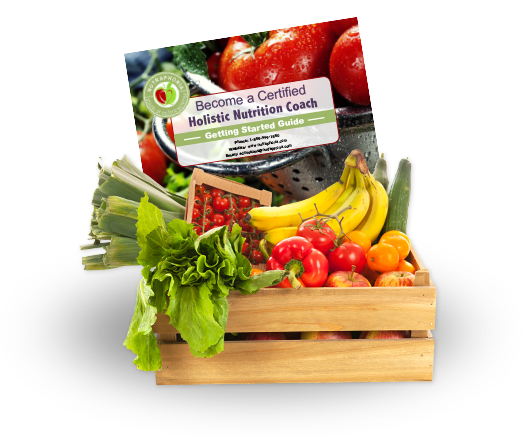December 26, 2016
When I tell people, that I eat a plant based diet, common questions that I encounter are:
- Where do you get your protein?
- Or are you getting enough protein?
Contrary to what physicians and several weight loss programs say; i.e. that protein is more important than carbohydrates and that you need a lot of it to be healthy and to lose weight, this is not true. In fact, animal protein can be detrimental to your health.
5 Myths & Facts About Protein:
1. If you eat a plant based diet, you won’t get enough protein.
Myth. People require very little protein. The World Health Organization recommends that men and women obtain 5% of their calories as protein. This means about 38g of protein for a man burning 3000 calories per day and 29 grams of protein for a woman burning 2300 calories a day. There is more than enough protein in a wide variety of plant foods including grains, green vegetables, nuts, legumes and seeds.
Protein needs are easily met on a plant based diet. In fact, plants are so rich in protein that they meet the needs of the largest herbivores: elephants, hippopotamuses, giraffes and cows.
2. Plant protein is not complete and of a lesser quality than animal protein.
Myth. Plant proteins can provide all the essential amino acids. There is no need to combine complementary proteins. Our body maintains a pool of free amino acids that complements proteins for us. Lots of protein gets into our digestive tract every day. They are broken down and reassembled so that our body can take what amino acids it needs.
Animal proteins are used very efficiently to promote growth more quickly than plant protein. There is a lot of research that shows that plant protein allows for slow and steady syntheses of new proteins, which is the healthiest type of protein. The speed of body growth with animal protein does not equate with better health.
3. Animal protein causes disease.
Dean Ornish, Nathan Pritikin, and Caldwell Esselstyn Jr.; all cardiologists, put their cardiac patients on plant based diets. After a few weeks, their heart disease started to reverse. Arteries opened up without drugs or surgery. This profound research has not changed public policy and government regulations, because the milk, meat and egg marketing boards have a stronghold on government policy and dietary guidelines.
In countries where plant based diets are the norm, the rates of cancer, heart disease and other chronic diseases are much lower than in countries where animal products are consumed.
Originally researchers blamed the fat in animal products. Dietary guidelines suggest reducing saturated fats, but the research shows it’s not just the fat, it’s the animal protein as well. People still get heart attacks while consuming fish and boneless skinless chicken breast. The animal protein causes inflammation within minutes of ingestion. Plant based protein does not cause inflammation, it cleans out arteries and improves their function.
4. People are eating too much protein causing kidney problems.
Unlike fat, protein cannot be stored. When we over consume protein, it overworks the liver and kidneys and it causes accumulation of toxic protein byproducts.
5. Animal protein has Insulin Growth Factor 1 and causes acidity which cause cancer.
Eating a plant based diet reduces the growth hormone IGF-1. This hormone is elevated when consuming animal products.
Keeping blood alkaline is the key to preventing cancer. Animal products make the blood acidic. A plant based diet can reduce the acidity in your blood and cancer won’t grow in an alkaline environment.
If giving up animal protein seems impossible and overwhelming, how about making small changes such as introducing Meatless Mondays, reducing the amount of meat in your meals and increase the amount of vegetables, or switching from cows milk to coconut milk or almond milk.
There are also many recipes for vegans, vegetarians and plant based eaters. Why not try a couple. It will take a while to get used to the lower fat, sugar, and salt content of these foods. But in a few weeks, your taste buds will change and you won’t crave them anymore. In fact you will really taste the fruits and vegetables.
Sources:
Michael Greger, How Not to Die I(New York: Flatiron Books, 2015), p. 17-28, 188-197.
T. Colin Campbell and Thomas M. Campbell, The China Study (Dallas: Benbellabooks, 2006), p.24-42.
http://nutritionfacts.org/video/the-protein-combining-myth/
http://drmcdougall.com/The Mcdougall Newsletter, April 2007



